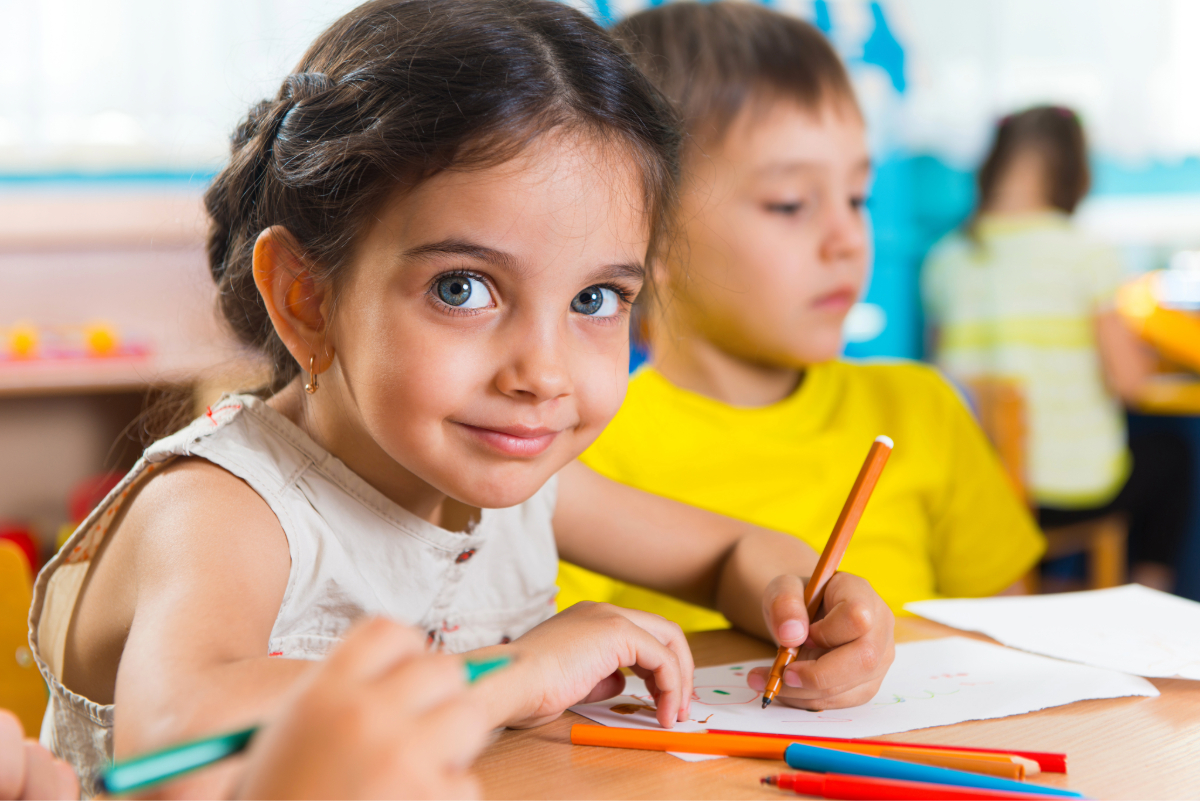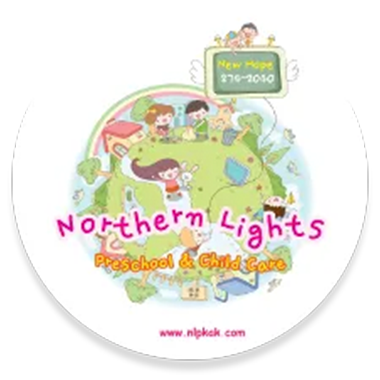
Individualized Learning for Little Minds: Exploring Eye Level Education for Kindergarteners
Posted on March 24, 2025
by
nlpkak
Individualized Learning
Kindergarten marks a pivotal stage in a child’s development, laying the groundwork for future academic achievements. Recognizing and catering to each child’s unique learning style is essential during this transition. Individualized learning offers a personalized approach that meets young learners at their level, fostering confidence and a love for learning.
Customizable Curriculum
Individualized programs provide a tailored curriculum designed to challenge children appropriately without causing overwhelm. By introducing new topics at a comfortable pace, children build a solid understanding of fundamental concepts. For example, a math curriculum may progress from basic counting to addition and subtraction, using real-world examples to make complex ideas more accessible and engaging.
One-on-One Support
Understanding that each child has distinct strengths and areas for improvement, individualized learning emphasizes personal attention. Through one-on-one support, educators assess each child’s abilities and craft personalized learning plans. This approach ensures that subjects like reading and math are taught in ways that resonate with the child, building both competence and confidence.
Holistic Learning Environment
Beyond academics, a strong individualized learning model also nurtures essential soft skills such as confidence, communication, cooperation, and problem-solving. Educators encourage self-expression, emotional regulation, and respectful interaction with peers, preparing children for both classroom success and everyday social situations.
Providing personalized attention during the kindergarten years helps children build a strong educational foundation. With the right support, young learners develop not only critical academic skills but also a positive attitude toward learning that lasts a lifetime.
